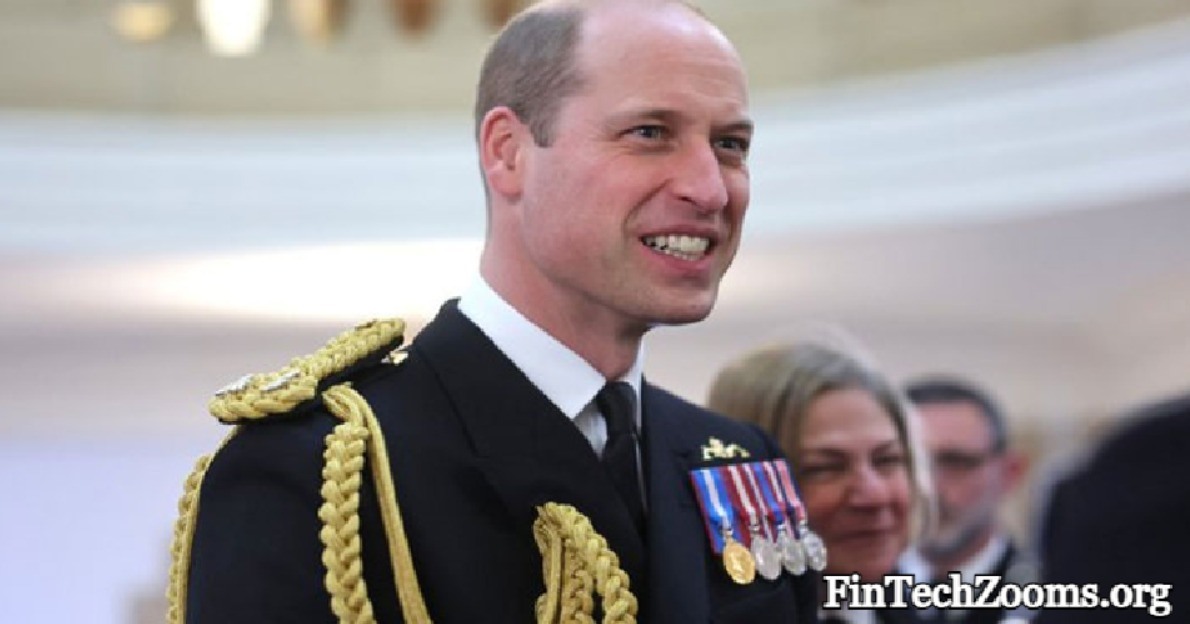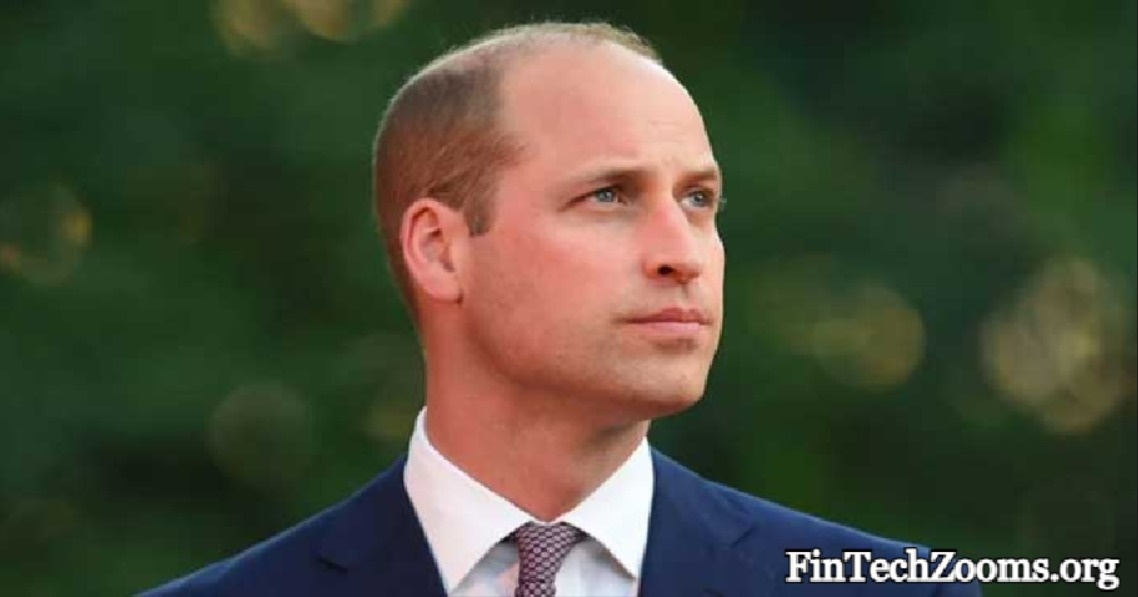Prince William Has Resigned as President Of The FA.

Introduction
In a surprising move that has left the football world in shock, Prince William has resigned as President of The FA (Football Association). As one of the most prominent figures in British football, his resignation marks the end of an era and raises questions about the future direction of the FA.
This article takes a closer look at the reasons behind his decision, the significance of his role, and what this means for the future of football in England.
Who is Prince William, and What Was His Role at The FA?

Prince William, the Duke of Cambridge, has long been involved in various charitable endeavors and public roles, including his involvement with football.
He was appointed President of The Football Association (FA) in 2006, a position that he held for nearly two decades. The FA is the governing body of football in England, overseeing everything from grassroots development to the national team.
As president, Prince William was a key figurehead, representing the FA at high-profile events, promoting the sport across the nation, and championing causes like mental health awareness in football. His involvement went beyond ceremonial duties, as he actively contributed to campaigns and initiatives aimed at improving the sport.
The Significance of His Resignation
Prince William’s resignation from the FA presidency is significant for several reasons. First and foremost, it marks the end of a long association between the royal family and English football.
For many years, the royal family has been involved in the sport, with previous members holding important roles in football governance. His departure raises questions about the future of this connection and what role, if any, the royal family will play in the sport moving forward.
Secondly, Prince William’s resignation leaves a gap in leadership at The FA. As a high-profile figure, his presence brought credibility to the organization, both within the UK and internationally. His exit will require a new leader to step in and maintain the same level of influence and commitment to the sport.
Why Did Prince William Resign?
While the exact reasons for Prince William’s resignation have not been fully disclosed, several factors may have contributed to his decision. One possibility is the growing demands of his royal duties. As the second in line to the throne, Prince William’s responsibilities are increasing, and his role in the royal family has become more demanding. Balancing these duties with his position at The FA may have become too much.
Another reason could be his evolving priorities. Over the years, Prince William has become increasingly focused on his work with mental health initiatives, environmental causes, and his family. The pressures of a public life and the challenges of balancing personal commitments with professional obligations may have influenced his decision.
Additionally, there may be an underlying shift in the structure of football governance in England. As the FA looks toward modernizing and becoming more inclusive, it is possible that Prince William felt his role no longer aligned with the organization’s direction.
What Will Happen to His Role as President?
With Prince William stepping down, the FA will now be searching for a successor. The president of The FA plays an important role in shaping the direction of English football, providing leadership and vision. The appointment of a new president will be crucial for the organization’s future.
The FA is expected to conduct a thorough search for a new figurehead, possibly someone with experience in both football and leadership. The new president will need to continue the work of promoting the sport at all levels and engaging with fans, players, and stakeholders.
Prince William’s Legacy at The FA
Despite his resignation, Prince William leaves behind a significant legacy in football. During his time as president, he was instrumental in numerous initiatives aimed at improving the sport.
One of his key areas of focus was mental health, where he worked to raise awareness of the challenges faced by players, coaches, and fans.
His support for the Heads Up campaign, which encouraged open discussions about mental health, was particularly notable and helped bring these important issues into the public eye.
Furthermore, Prince William’s efforts in promoting diversity and inclusion within football have left a lasting impact. He has been a strong advocate for greater representation of women in the sport, both on and off the field. As part of his vision for the future of football, he worked to ensure that the sport was accessible to people from all walks of life, regardless of background or ability.
His resignation does not erase the positive changes he brought to the FA and the sport as a whole. Instead, it serves as a reminder of his contributions and the important role he played in shaping modern football in England.
The Future of The FA Without Prince William

Prince William’s resignation raises several questions about the future of the FA and English football. With his departure, the organization must now find a way to move forward without his influence. The new president will need to address several key challenges facing English football today.
1. Mental Health in Football
One of the key areas where Prince William made an impact was in mental health. Football is a high-pressure sport, and players often face immense scrutiny. His work with the Heads Up campaign helped open up conversations around mental health in football, and the next president will need to ensure that this momentum continues. It’s likely that mental health advocacy will remain a priority for the FA moving forward.
2. Diversity and Inclusion
Another area where Prince William made significant strides was in promoting diversity and inclusion in football. His support for women’s football and efforts to address racial discrimination within the sport helped move these issues to the forefront.
As the FA looks for a new president, it will be important that they continue to prioritize these issues to make football more inclusive and accessible to all.
3. Grassroots Development
Prince William was also a strong advocate for grassroots football, encouraging young people to get involved in the sport. His resignation could impact the future direction of grassroots initiatives, as the next president will need to maintain or build upon the progress made in this area.
Conclusion
Prince William’s decision to resign as President of The FA marks the end of an important chapter in English football history. His tenure as president saw numerous positive changes, particularly in the areas of mental health, diversity, and grassroots development.
However, with his departure, the FA now faces the task of finding a suitable successor who can continue his work and address the challenges ahead.
As the football world processes this news, all eyes will be on the FA’s next steps and who will take up the mantle as the new president. Whoever it is, they will have big shoes to fill, but they will also have an opportunity to shape the future of English football in exciting and meaningful ways.
Prince William’s resignation as President of The FA may be a turning point for the organization, but it’s also an opportunity for renewal and growth within the sport.